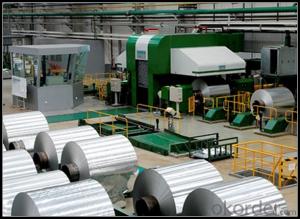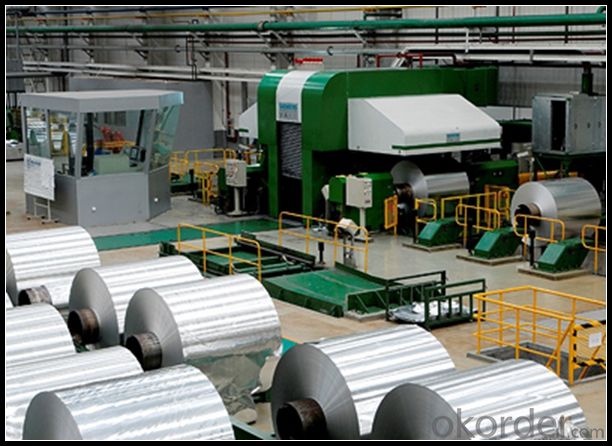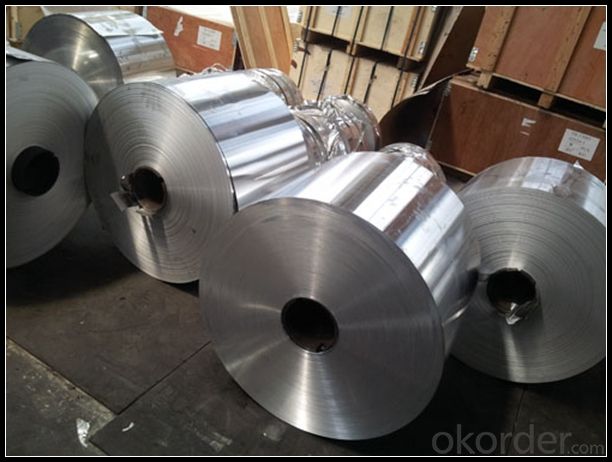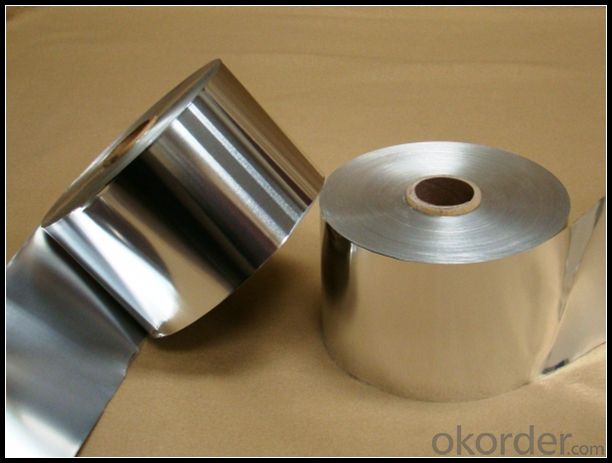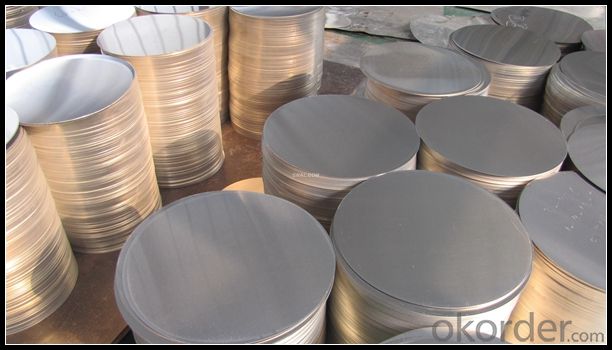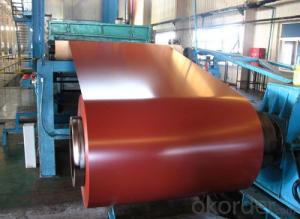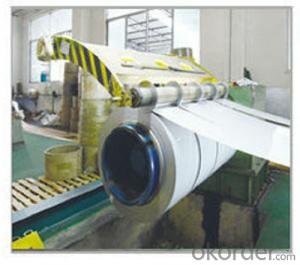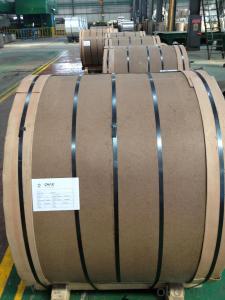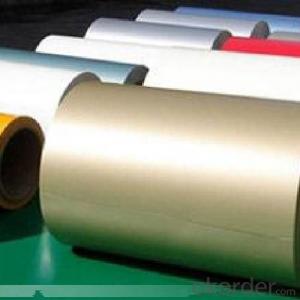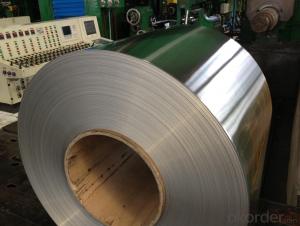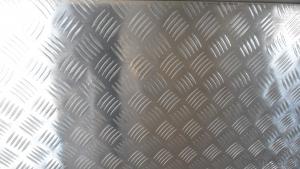Painted Aluminum Trailer Sheets - Decorative Aluminum Panel Gutter Color Coated Aluminum Coil
- Loading Port:
- Shanghai
- Payment Terms:
- TT OR LC
- Min Order Qty:
- 4 m.t.
- Supply Capability:
- 5000 m.t./month
OKorder Service Pledge
OKorder Financial Service
You Might Also Like
Specification
1) Alloy | 1050, 1060,1100, 3003 3004 3105 3005 5005 5052 etc |
2) Temper | O/H12/H14/H1/H18/H32/H34/H36/H38//H111/H112/H116/H321/T6/T651/T3/T351 etc |
3) Thickness | 0.1mm to 6mm |
4) Width | 20mm to 3300mm |
5) Coil weight | 100kgs to 6 tons depends on actual requirement |
6) Core material | Aluminum alloy |
7) Coil Inner diameter | 76mm, 152mm,or as required |
2. Application of Aluminum
(1).Interior: wall cladding, ceilings, bathrooms, kitchens and balconies, shutters, doors...
(2).Exterior: wall cladding, facades, roofing, canopies, tunnels,column covers , renovations...
(3).Advertisement: display platforms, signboards, fascia, shop fronts...
3. Feature of Aluminum
We are able to supply 1,2,3,5,6,8 series alloy coil, foil and sheets, including 1***, 3***, 3104, 5052, 5182, 5754, 5083,5086,8011,8079
Our products include:
1). Mill-finished aluminum coil:
Alloy: AA1050, 1060, 1100, AA3003, 3005, 3015, 5052, 5754, 5083,8011 ,8079etc.
Temper: H14/16/18/22/24/32, HO etc.
Thickness: 0.08mm—100mm
Width: 100mm—2200mm (Can be slitted)
Notice: Embossment can be done if required.
2). Color-Coated Aluminum Coil:
Alloy : AA1050/1100/3003/3005/3105/5005/5052/8079 etc.
Thickness: 0.03mm—1.50mm
Width: 10mm—1600mm (Can be slitted)
Coating : PVDF, PE
Coating thickness: Usually 16-25 micron, could be33-40 micron
Color : According to customers’ requirements
Notice : Embossment can be done if required
4. Certificate:
SGS and ROHS(if client request, paid by client), MTC(plant provided), Certificate of Origin(FORM A, FORM E, CO), Bureau Veritas and SGS (if client request, paid by client), CIQS certificate
5. Image of Aluminum
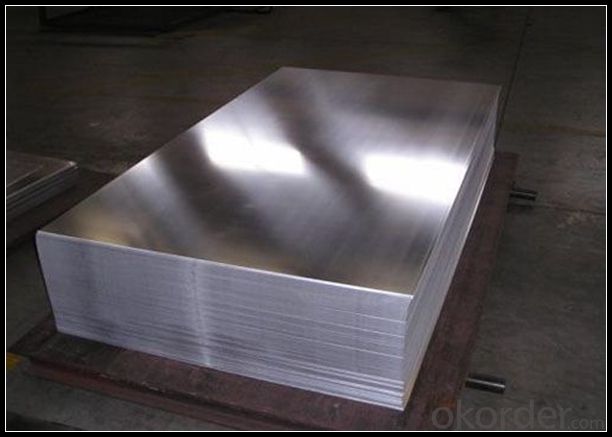
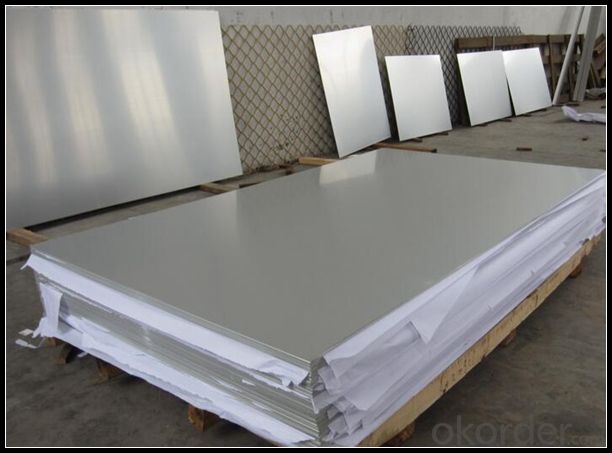
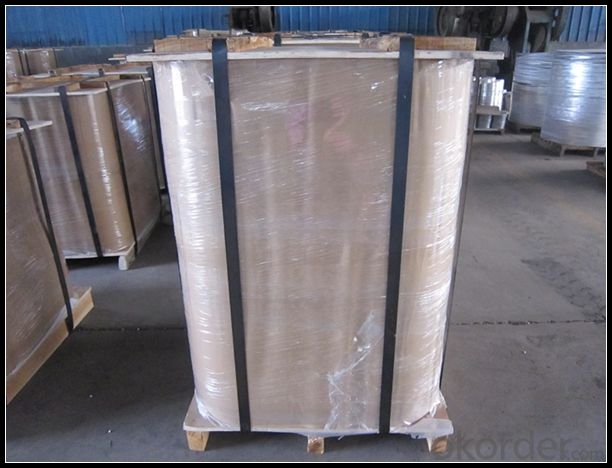
6. Our Service
1. Reply your enquiry in 24 working hours. |
2. OEM, buyer design, buyer label services provided. |
3. Exclusive and unique solution can be provide to our customer by our well traned and professional engineers and staffs. |
4. We can provide free sample for your check |
5. We have the certification of ISO 9001 |
6. Timely delivery |
7. Special discount and protection of sales area provided to our distributor. |
8. Good after-sale service. |
7. FAQ
Q: What is the produce prase? |
A: Normally it would be 40days after received your deposit. |
Q: Can you provide free samples? |
A: Yes, free samples will be sent to you on freight at destination. |
Q: Can I get your latest catalogue? |
A: Yes, it will be sent to you in no time. |
Q: What is the MOQ? |
A: 3 tons |
Q: What are your payment terms? |
A: We accept L/C, D/A, D/P, T/T, West Union,etc |
- Q: Are the aluminum sheets suitable for manufacturing automotive fuel tanks?
- Automotive fuel tanks can be effectively manufactured using aluminum sheets. This material is preferred due to its exceptional characteristics, including its lightweight nature, durability, resistance to corrosion, and high strength-to-weight ratio. These properties make aluminum sheets highly suitable for the production of automotive fuel tanks, as they enable fuel efficiency, reduce the weight of vehicles, and enhance overall performance. Furthermore, aluminum sheets can be easily molded and joined through welding, allowing automotive manufacturers to create intricate tank designs while maintaining the tank's structural integrity. Moreover, the low melting point of aluminum sheets facilitates the welding process during tank manufacturing. In conclusion, the utilization of aluminum sheets in the manufacturing of automotive fuel tanks presents a reliable choice that adheres to safety standards and contributes to the efficiency and performance of vehicles.
- Q: Are aluminum sheets corrosion-resistant?
- Yes, aluminum sheets are corrosion-resistant. Aluminum has a natural oxide layer that forms on its surface, which acts as a protective barrier against corrosion. This oxide layer is highly stable and prevents further oxidation from occurring. Additionally, aluminum is non-reactive to many common corrosive substances such as saltwater, acids, and alkalis. However, in certain environments or under specific conditions, aluminum may still be prone to corrosion. For example, in highly acidic or alkaline environments, aluminum may corrode at a faster rate. Therefore, it is important to consider the specific application and environment when using aluminum sheets to ensure optimal corrosion resistance.
- Q: The real bumper/ reinforcement bar that is behind the plastic bumpers. Magnet don't stick to it and it don't rust which both types of metal are pretty much like that.
- i agree, the main bumper support under the plastic bumper skin, is aluminum.
- Q: What are the different methods of heat treating aluminum sheet?
- There are several methods of heat treating aluminum sheet, each with its own purpose and desired outcome. Some of the common methods include: 1. Solution Heat Treatment: This process involves heating the aluminum sheet to a specific temperature, typically between 900-1000°F (480-540°C), and holding it at that temperature for a set amount of time. This helps dissolve any soluble alloying elements present in the aluminum, resulting in a more uniform structure. 2. Quenching: After the solution heat treatment, the aluminum sheet is rapidly cooled by quenching in water, oil, or air. This rapid cooling helps lock in the desired microstructure and properties, such as increased strength and hardness. 3. Aging: Once quenched, the aluminum sheet is subjected to an aging process, which involves heating it to a lower temperature, typically between 250-450°F (120-230°C), and holding it there for a specific duration. This allows for the precipitation of fine particles within the aluminum matrix, improving its strength and hardness even further. 4. Precipitation Hardening: This method is used for certain aluminum alloys, such as 2000 and 7000 series, which respond well to precipitation hardening. It involves a combination of solution heat treatment, quenching, and aging, resulting in a highly strengthened and durable aluminum sheet. 5. Annealing: Annealing is a heat treatment process used to soften the aluminum sheet and relieve any internal stresses. It involves heating the sheet to a specific temperature, usually around 600-700°F (315-370°C), and then slowly cooling it. This helps improve the formability and machinability of the aluminum. 6. Stress Relieving: This method is similar to annealing but is specifically used to reduce residual stresses in the aluminum sheet after fabrication. It involves heating the sheet to a temperature below its annealing temperature and then slowly cooling it. Overall, the choice of heat treatment method for aluminum sheet depends on the desired properties, alloy composition, and intended application. Each method offers distinct advantages and can significantly enhance the mechanical and physical properties of the aluminum sheet.
- Q: What is the thickness range available for 101 aluminum sheets?
- The thickness range available for 101 aluminum sheets typically varies from 0.016 inches (0.4 mm) to 0.25 inches (6.35 mm).
- Q: Can aluminum sheets be used for missile components?
- Indeed, missile components can indeed be made from aluminum sheets. Aluminum, an adaptable and light substance, boasts remarkable strength-to-weight ratio properties. These attributes render it a fitting option for a range of aerospace uses, including missile components. Aluminum sheets present benefits like resistance to corrosion, excellent thermal conductivity, and simplicity in fabrication. Moreover, aluminum exhibits the ability to endure extreme temperatures, making it a suitable choice for missile components that might encounter intense heat during flight. Nevertheless, it is crucial to take into account the specific requirements of the missile system and seek guidance from authorities in the field to ensure that aluminum sheets are suitable for the intended purpose.
- Q: This question asks for a list of various types of aluminum sheets that can be used for decorative purposes.
- <p>Aluminum sheets are popular for decorative purposes due to their durability and versatility. The main types include: 1) Embossed Aluminum Sheets, which feature a textured surface for a unique look; 2) Perforated Aluminum Sheets, with holes of various sizes for a distinctive pattern; 3) Mirror Finish Aluminum Sheets, offering a reflective, shiny appearance; 4) Anodized Aluminum Sheets, which have a protective oxide layer for enhanced color and durability; 5) Brushed Aluminum Sheets, with a satin-like finish; 6) Color Coated Aluminum Sheets, available in a wide range of colors; 7) Composite Aluminum Panels, which combine aluminum with other materials for added strength and design options. Each type offers specific aesthetic and functional benefits for various decorative applications.</p>
- Q: Can aluminum sheet be used for reflective surfaces?
- Yes, aluminum sheet can be used for reflective surfaces.
- Q: I wish to purchase an 8' step ladder as well as a medium length extension ladder. What are the pros and cons of aluminum vs. fiberglass?
- Plus they are heavier, will take a truck with at least a V6. Aluminum on the other hand is lighter, does not look as good, has less maintenance, can take more abuse than fiberglass. But an aluminum boat is not as wide as a fiberglass boat, that is my biggest complaint. The width makes a big difference, like women's hips !! wider the better !! Look at a 17' boat, world of difference in the 1'. Good luck be careful,
- Q: Can aluminum sheets be used for architectural applications?
- Yes, aluminum sheets can be used for architectural applications. Aluminum is a versatile and lightweight material that offers excellent strength, durability, and corrosion resistance. It can be easily formed, shaped, and fabricated into various architectural elements such as façades, roofs, windows, doors, and cladding. Its aesthetic appeal, along with its ability to withstand harsh weather conditions, makes it a popular choice in contemporary architectural designs.
Send your message to us
Painted Aluminum Trailer Sheets - Decorative Aluminum Panel Gutter Color Coated Aluminum Coil
- Loading Port:
- Shanghai
- Payment Terms:
- TT OR LC
- Min Order Qty:
- 4 m.t.
- Supply Capability:
- 5000 m.t./month
OKorder Service Pledge
OKorder Financial Service
Similar products
Hot products
Hot Searches
Related keywords
